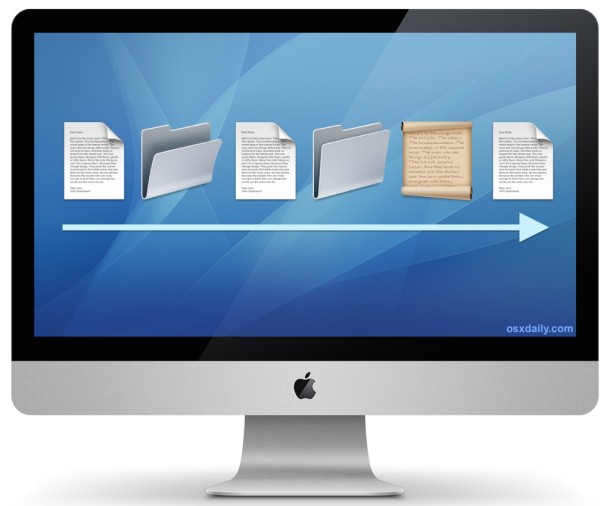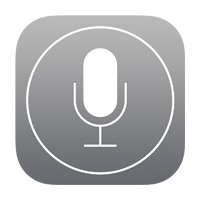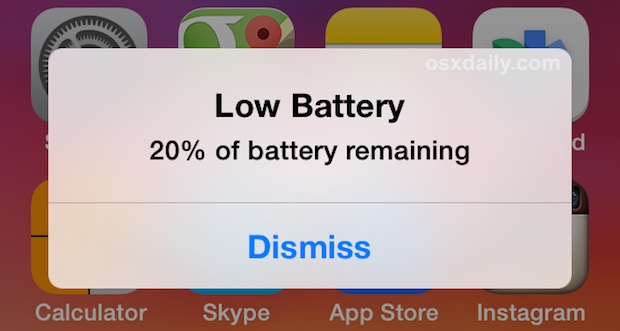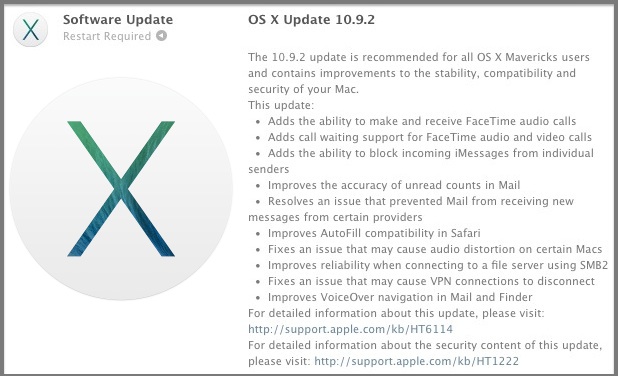How to View and Re-Send an “Unsent Message” in Mail for iOS

Ever launched the Mail app on your iPhone or iPad to discover an “Unsent Message” indicator at the bottom of the screen? An email usually goes unsent if you lose internet access while trying to send the message, a fairly common occurrence for those who live in areas with poor cellular reception or that have flaky internet access in general. While iOS will usually successfully send the message on it’s own once a signal has been found again, it doesn’t always work, which is why you may need to trigger a resend yourself to move it along as intended.
Read more »

 Most command line users rely heavily on
Most command line users rely heavily on 

 All iOS users know the familiar “ding” alert sound of a new email landing in the inbox of your iPhone or iPad. For those of us who live attached to technology, these alert sounds have basically trained our brain to stop what we’re doing and check our inbox, often relying only on the mute button or
All iOS users know the familiar “ding” alert sound of a new email landing in the inbox of your iPhone or iPad. For those of us who live attached to technology, these alert sounds have basically trained our brain to stop what we’re doing and check our inbox, often relying only on the mute button or  If you’re a regular reader here, you already know that Siri can be
If you’re a regular reader here, you already know that Siri can be 

 The latest versions of Chrome for iOS offer an optional data compression feature that uses Google servers to further compress web pages visited before accessing them from your iPhone or iPad. Put simply, toggling this setting can help to reduce your cellular data consumption when browsing the web within the Chrome app for iOS, and for some users it may even offer a bit of a speed improvement to their mobile web browsing experience too.
The latest versions of Chrome for iOS offer an optional data compression feature that uses Google servers to further compress web pages visited before accessing them from your iPhone or iPad. Put simply, toggling this setting can help to reduce your cellular data consumption when browsing the web within the Chrome app for iOS, and for some users it may even offer a bit of a speed improvement to their mobile web browsing experience too.





